Health-AI
The ‘HEALTH-AI’ team consists of anthropologists, social geographers, an expert in E-governance and an ethicist. Together, we ethnographically explore the evolving revolution in global healthcare systems, fueled by Artificial Intelligence (AI). Our team conducts a multi-sited ethnography to uncover the future of ethical AI-informed healthcare, and in this endeavour we work closely with clinicians and nurses from all over the world.
We’re investigating how AI systems are designed and used in various organizations, and try to understand when professional caretakers intervene or resist AI; when AI is useful, and when it is not. We’re studying different national settings with different governmental frameworks and organizational contexts to develop a comprehensive theory on the contextual and organizational factors that shape ethical AI. Our innovative approach includes novel methods, which combines anthropology, futures-thinking, artistic expression, and AI expertise.

Meet the team
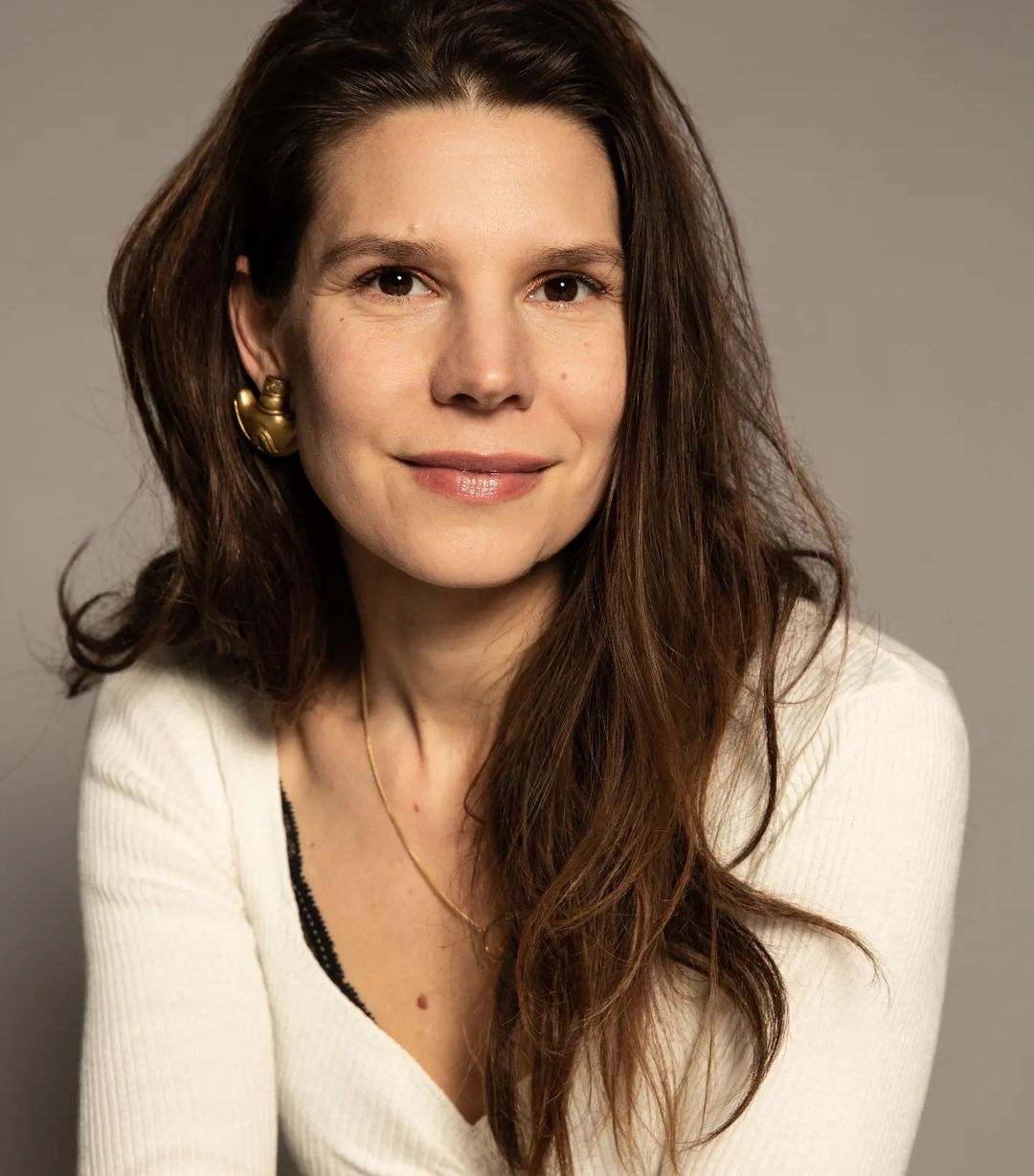
Dr. Roanne van Voorst
Principal investogator and supervisor
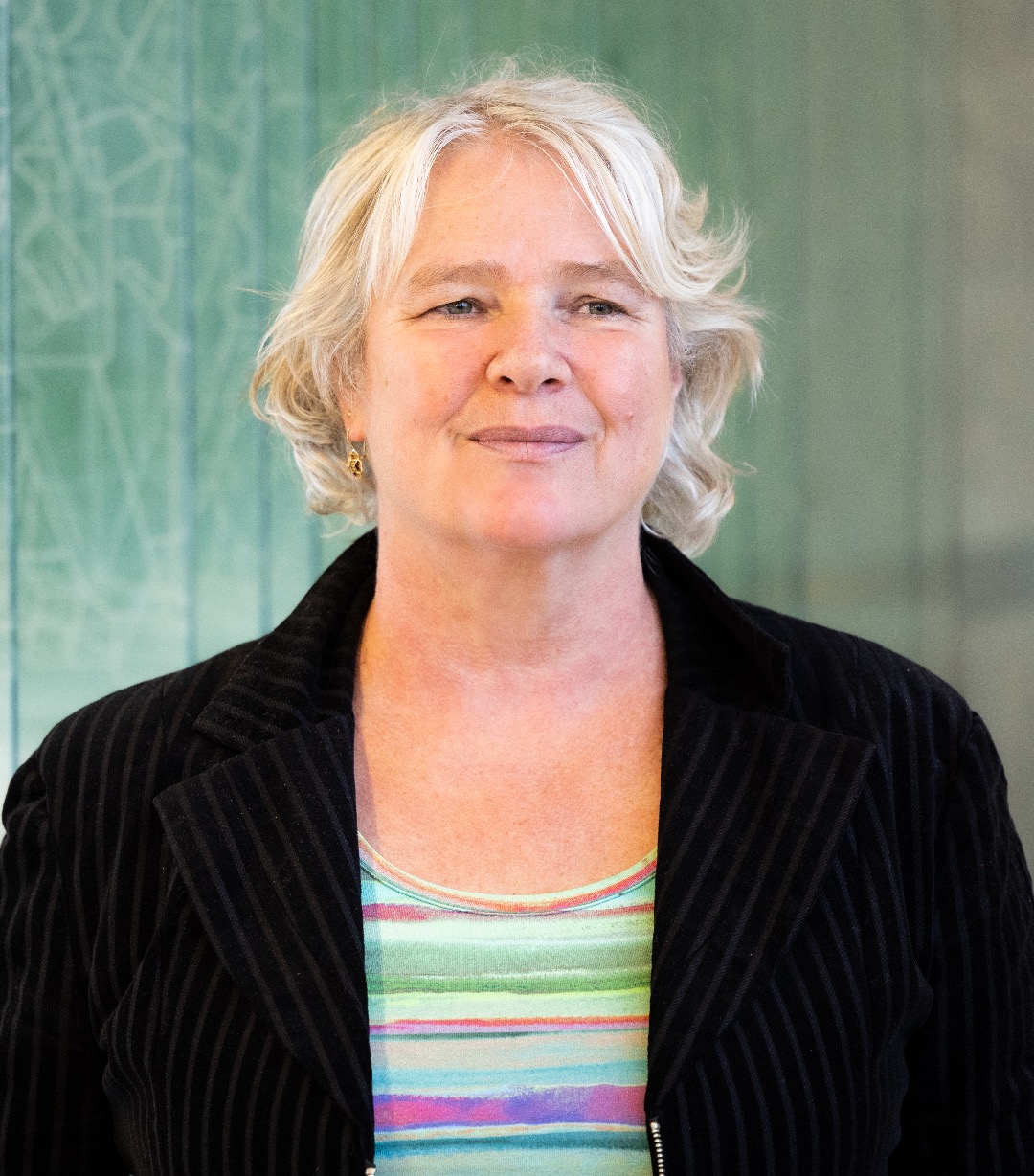
Prof. Jeanette Pols
Supervisor
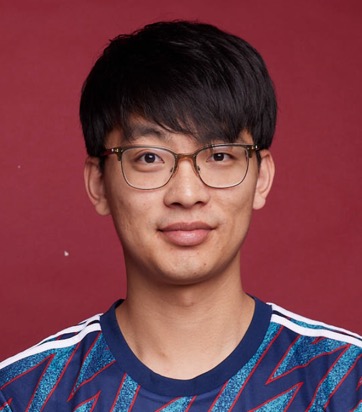
Guo Zongtian
Postdoctoral researcher
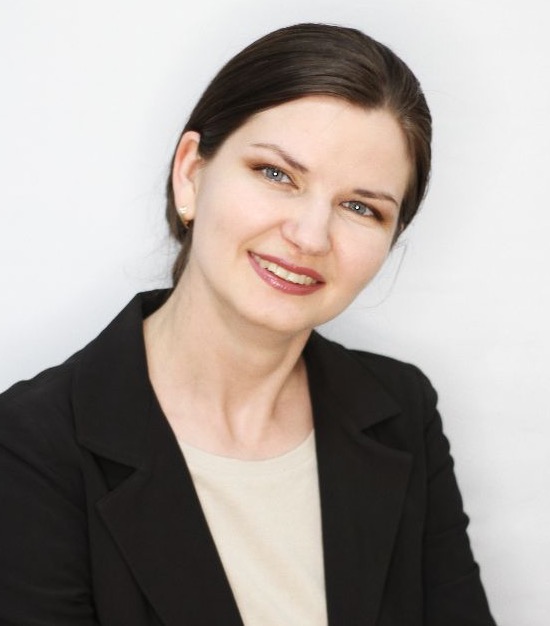
Albina Abzalova
Phd Researcher
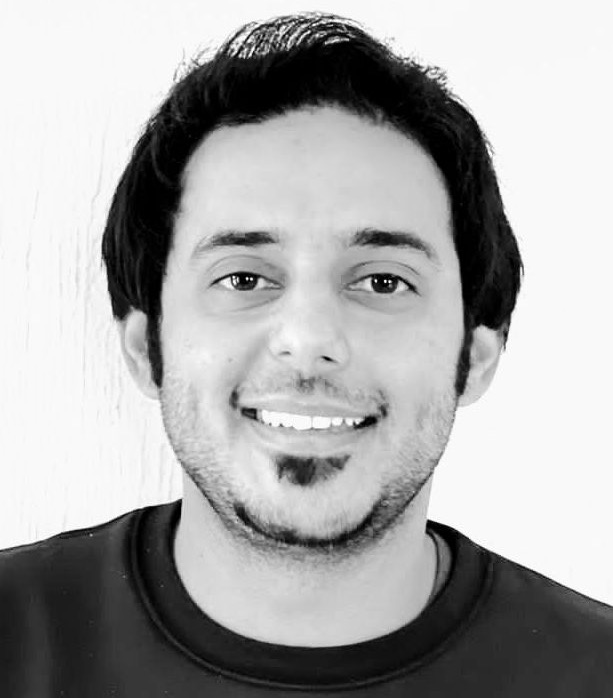
Ismail Umar
Phd Researcher
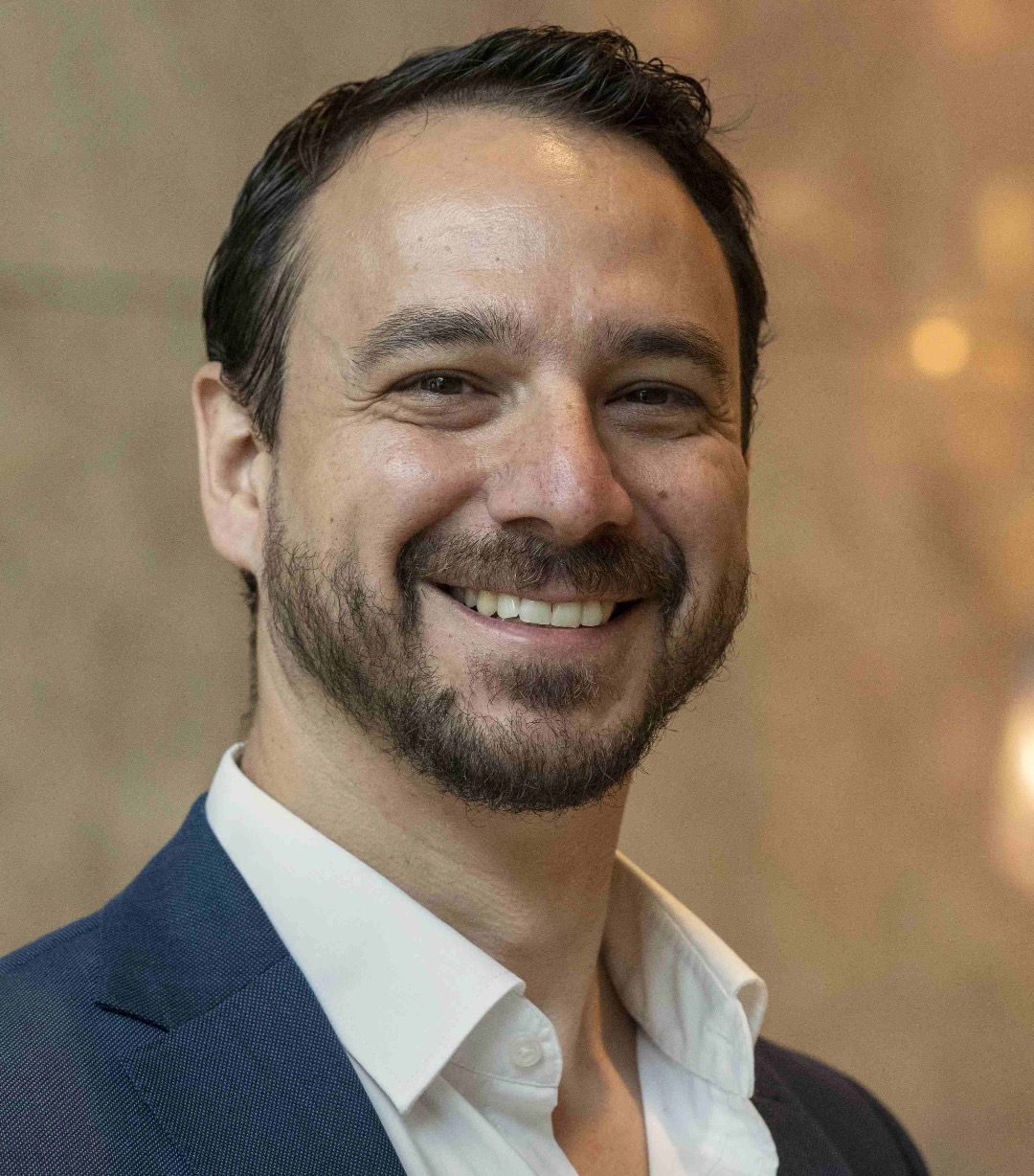
Rod Mena
Ethical advisor

Michiel Baas
Ethical advisor
Selection of public events & research reports
Please note that this list is incomplete and often behind reality. We work according to the principles of deep, or socalled slow academia, meaning that we prioritize fieldwork, reading and writing over digital updates. In addition to references listed below, Roanne and her team members write letters from their anthropological fields to each other. You can read along here.
- van Voorst, R., Ahlin, T. 2024. Key points for an ethnography of AI: an approach towards crucial data | Humanities and Social Sciences Communications (nature.com) Humanit Soc Sci Commun (Nature) 11, 337.
- van Voorst, R.S. 2024. The Future of HealthCare and Algorithms – Two Scenarios. Outcomes of an Expert Panel. Amsterdam: University of Amsterdam.
- Van Voorst, R. (2024). The Medical Tech Facilitator: An Emerging Position in Dutch Public Healthcare and Their Tinkering Practices. Medicine Anthropology Theory, 11(2), 1-23.
- ‘Studying Artificial Intelligence’. Public lecture by Dr. Roanne van Voorst and Professor Daniel Mugge
at the University of Amsterdam (2025). - ‘The Future of Social Science.’ Public conversation between Dr. Roanne van Voorst and Professor
Eelke Heemskerk (AISSR, November, 2023). - ‘Physicians’ views on the Future of Healthcare’. Paper presented at the executive panel of the
American Anthropological Association (AAA), and the Canadian Anthropology Society/Société
canadienne d’anthropologie (CASCA). Topic: Health in Transition: Digital Technologies and Data
Shaping the Future of Healthcare. (November, 2023) - Fieldwork on the usage of technology among Indigenous communities in the Amazon. (September, 2023)
- Organized expert-roundtable on ethical AI in healthcare, Amsterdam (June, 2023)
- Keynote at the International Health conference, Dubai (May, 2023)
- van Voorst, R. 2024. “Anthropological Fiction: Why Anthropologists Should Dare to Weave Speculation Through Academic Narratives.” Etnofoor 36(1): pp. 13–30. JSTOR, https://www.jstor.org/stable/27314425.
- van Voorst, R., Bloos, M., Vielen, F., Verhoeven, M. 2024. ‘Caring for AI’ – A Theatre Play on how healthcare professionals work with algorithms – a glimpse into the future of 2030. Premiered 23 June (Beatrix Theater, Utrecht), currently touring through the Netherlands – Email r.s.vanvoorst@uva.nl for bookings.
- ‘Engaged Ethics in Research Practice’, July, 2024. Co-organization of Open Format Panel at the EASTT/4s Conference, including discussants Professors Klaus Hoeyer (University of Copenhagen), Huub Dijstelbloem (University of Amsterdam), Tobias Blanke (Kings College London), Jane Calvert (University of Edinburgh), Jeannette Pols (University of Amsterdam) and others.
Health-AI
Together with my team of PhDs and Postdocs, I am currently undertaking a multi-sited ethnography of the evolving revolution in global health systems: AI (Artificial Intelligence)-informed healthcare. As health data is increasingly viewed as countries’ ‘future oil’, concerns about ‘algorithmic ethics’ are emerging among scholars and the public. Previous research has shown that datasets in AI (re)produce social biases, discriminate and limit personal autonomy. Nevertheless, such literature has mainly focused on AI design and institutional frameworks, examining the subject via legal, technocratic and philosophical perspectives, while disregarding the socio-cultural context in which AI systems operate, especially in organizations where human agents collaborate with Algorithms. This limitation is problematic because frameworks for ‘ethical AI’ currently regard human oversight as crucial, assuming that humans will correct or resist AI when needed. However, empirical evidence for this assumption is scarce. Little is known about when and why people intervene or resist AI. Previous research is confined to single, primarily Western studies, which precludes generalisation of findings. Our research is innovative on four fronts:
1. To empirically analyze decisive moments in which data-analysts follow or deviate AI – moments that are deeply impacting national health policies and individual human lives.
2. To do research in six national settings with various governmental frameworks and in different organizational contexts, enabling us to contrast findings, eventually leading to a theory on the contextual and organizational factors underlying ethical AI.
3. To use innovative anthropological methods of future-scenarioing, which will enrich the anthropological discipline by developing and finetuning future-focused research. For this methodology we collaborate with data-scientists, programmers, artists, AI experts, social scientists and physicians.
4. To connect our anthropological insights with the expertise of AI-developers, and partners with relevant health decision-makers and policy-institutions, allowing to both analyze and contribute to fair AI.
Meet the team
- Dr. Roanne van Voorst, principal investogator and supervisor
- Prof. Jeanette Pols, supervisor
- Guo Zudong, postdoctoral researcher
- Albina Abzalova, Phd Researcher
- Ismail Umar, PhD Researcher
- Rod Mena, ethical advisor
- Michiel Baas, ethical advisor
Selection of public events & research reports
Please note that this list is incomplete and often behind reality. We work according to the principles of deep, or socalled slow academia, meaning that we prioritize fieldwork, reading and writing over digital updates. A more updated list of academic publications and activities can be found here.
- van Voorst, R., Ahlin, T. 2024. Key points for an ethnography of AI: an approach towards crucial data | Humanities and Social Sciences Communications (nature.com) Humanit Soc Sci Commun (Nature) 11, 337.
- van Voorst, R.S. 2024. The Future of HealthCare and Algorithms – Two Scenarios. Outcomes of an Expert Panel. Amsterdam: University of Amsterdam.
- van Voorst, R.S. 2023. Toekomst van Zorg en Algoritmes – Twee Scenario’s. Bevindingen van een Expert Panel. Amsterdam: Universiteit van Amsterdam.
- Van Voorst, R.S. 2024. The Future of Healthcare in Estonia. Amsterdam: University of Amsterdam.
- ‘Studying Artificial Intelligence’. Public lecture by Dr. Roanne van Voorst and Professor Daniel Mugge
at the University of Amsterdam (May, 2024). - ‘The Future of Social Science.’ Public conversation between Dr. Roanne van Voorst and Professor
Eelke Heemskerk (AISSR, November, 2023). - ‘Physicians’ views on the Future of Healthcare’. Paper presented at the executive panel of the
American Anthropological Association (AAA), and the Canadian Anthropology Society/Société
canadienne d’anthropologie (CASCA). Topic: Health in Transition: Digital Technologies and Data
Shaping the Future of Healthcare. (November, 2023) - Fieldwork on the usage of technology among Indigenous communities in the Amazon. (September, 2023)
- Organized expert-roundtable on ethical AI in healthcare, Amsterdam (June, 2023)
- Keynote at the International Health conference, Dubai (May, 2023)
